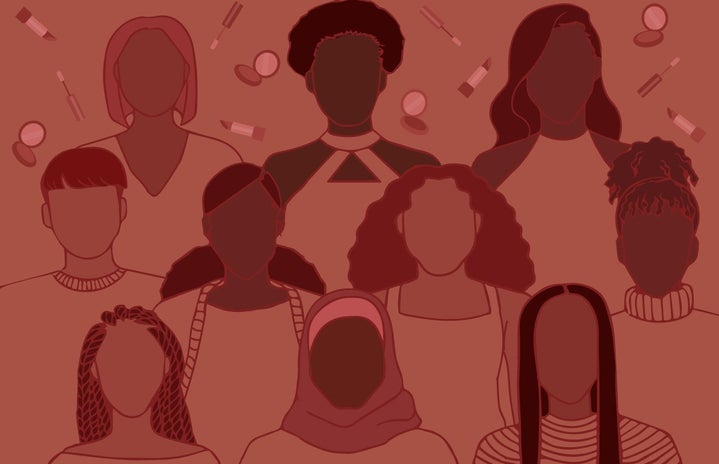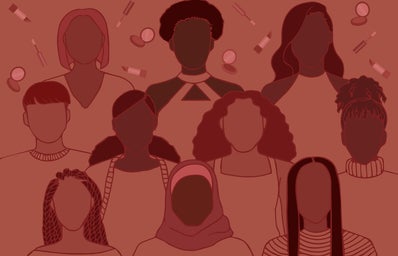Since I can remember, I have been actively told that I need to be “ladylike.” For some reason, being a lady is supposed to be one of the highest honors a woman can reach, and there is still a stigma to this day that is placed around any woman who tries to actively go against how they are expected to behave. I shouldn’t have to smile and cross my legs and sit up straight all the time to be taken seriously. There shouldn’t be a checklist of what I have to do in order to be considered a woman.
As I have personally dealt with, there are certain expectations that women are publicly held to. You’re expected to cross your legs and sit up straight. You have to be warm and welcoming to everyone around you. You are expected to fulfill the role of the caretaker. You should care about your appearance, but don’t make it obvious.
This concept is just another way of putting all women into a box. It goes along with the expectation that we are supposed to just sit still, be quiet and look pretty. While some may use the term ladylike in a way that is synonymous with having manners, there is a difference between the two ideas.
For the past few centuries, women have been working exponentially hard in order to change the way society says they’re supposed to behave. There is absolutely nothing wrong with being polite. The standards that women are held to, however, lead some of them to believe that they are never allowed to not be polite. When women are placed in uncomfortable situations where they speak out about it, they are told that they are the problem. This is especially shown to be true of celebrities who are constantly in the public eye and under intense scrutiny. Actress Isabella Gomez , star of the reboot of “One Day at a Time” made a statement on her Twitter account recently in which she speaks about this exact issue. After feeling guilty about not speaking out when a man at an event she attended made an unacceptable remark to her, she wrote “But next time some dude I don’t even know steps way out of line and makes a comment objectifying my body I hope I find my voice and tell him to f*ck off instead of acting ‘like a lady.’ And I hope you do too. We don’t have to put up with this, no matter how small of an incident it may seem.”
I believe that a woman (and also literally everyone) should have the freedom to dress however they may choose. Yes, there are some dress codes for certain events/places, but you should wear whatever makes you feel the best about yourself. Wearing a pantsuit instead of a dress doesn’t make you less “ladylike” because there isn’t a relationship between clothing items and genders.
Not only is it okay to not do things that are considered to be ladylike, but I think the term altogether should stop being used. The term was at its peak popularity when women existed as an extension of men and seemingly needed to please them at all times.There is also a correlation between the term and classism. For years, women of color were looked down on by society because they didn’t have the access to the life of luxury that white women readily had. It is because of this that it is foundationally prejudiced to expect all women to be at a certain standard when our culture doesn’t place all women at the same starting point. To say that any woman is less of a lady because of circumstances outside of her control is offensive and wrong.
There is absolutely nothing wrong with living your life the way you want to. A woman (and truly anyone for that matter) should be able to wear the clothing they want, laugh as loudly as they want, and hold themselves to the standard they choose without worrying about how others may perceive them.



